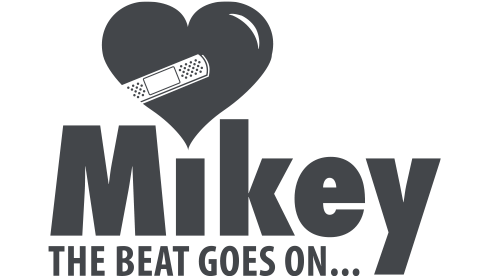
We’ve all been there. You were out late last night with friends so you’re already feeling a little tired – on top of that you’ve just gotten home from running a bunch of errands. Why shouldn’t you take a few minutes to nap and rest up?
Unfortunately, many of us see napping as a lazy habit; and even if we don’t, there can be a feeling of guilt from others about how you’re taking time away from them or that you don’t “need” the extra rest, “You’re just being lazy.”
Although these associations of being lazy can be true if you nap every single day, new research from the University Hospital of Lausanne, Switzerland has recently published findings in Heart, indicating that there is a correlation between napping frequency, duration and the risk of fatal and non-fatal cardiovascular disease complications. The researchers tracked 3,462 people between the ages of 35 and 75 for nearly eight years and found that those who napped once or twice a week, for between five minutes to an hour, were 48 percent less likely to have a heart attack, stroke, or heart failure, compared to non-nappers.
“Subjects who nap once or twice per week have a lower risk of incident CVD (cardiovascular disease) events, while no association was found for more frequent napping or napping duration,” the authors wrote.
Although this information was of interest to those of us who like to take a siesta once in a while, the study was an observational one. Meaning, that it only allowed researchers to identify patterns rather than determine a cause and effect. There will need to be further studying to determine if this can be beneficial.
So, for now, just enjoy a little nap here or there, while the research unfolds.



























